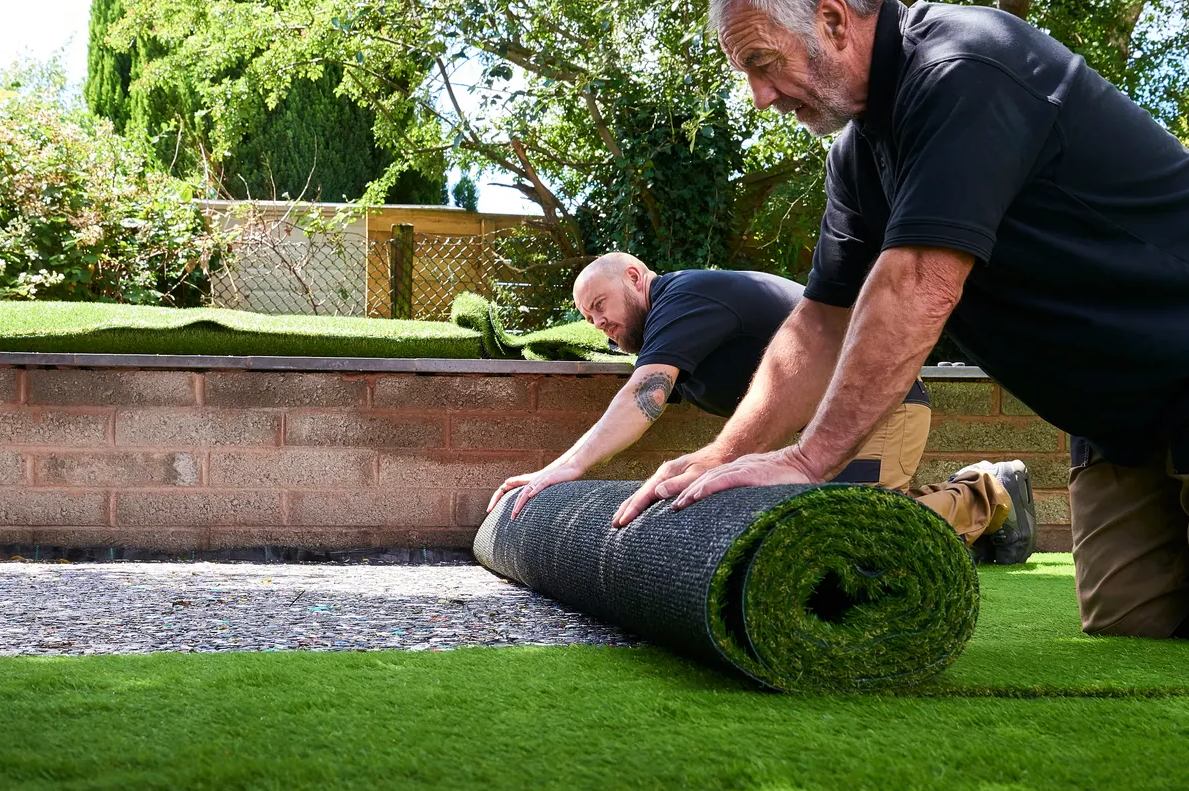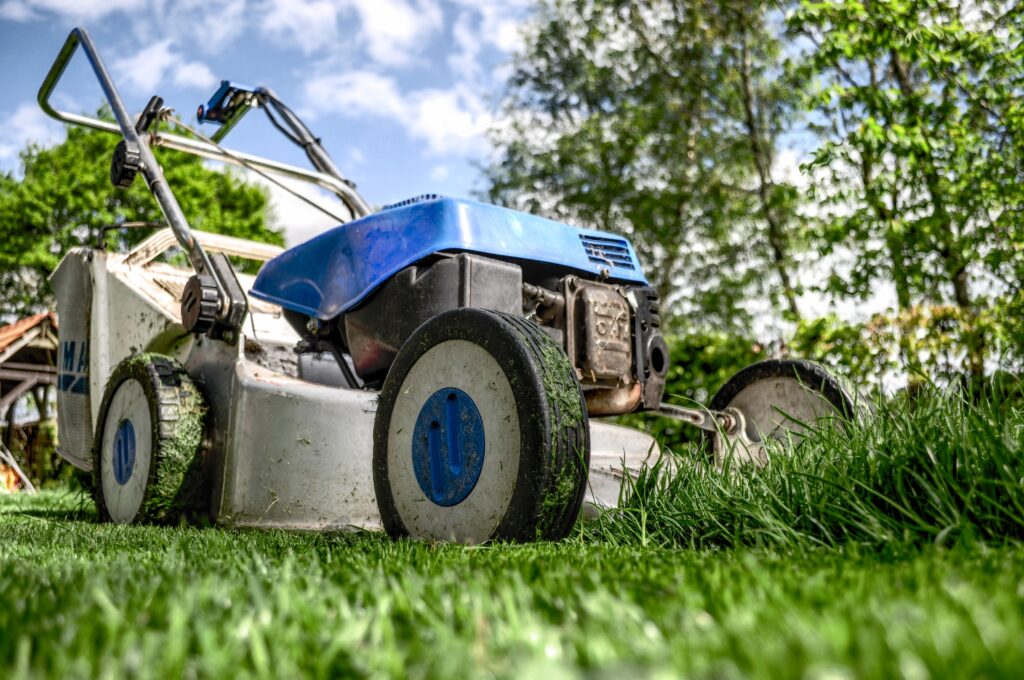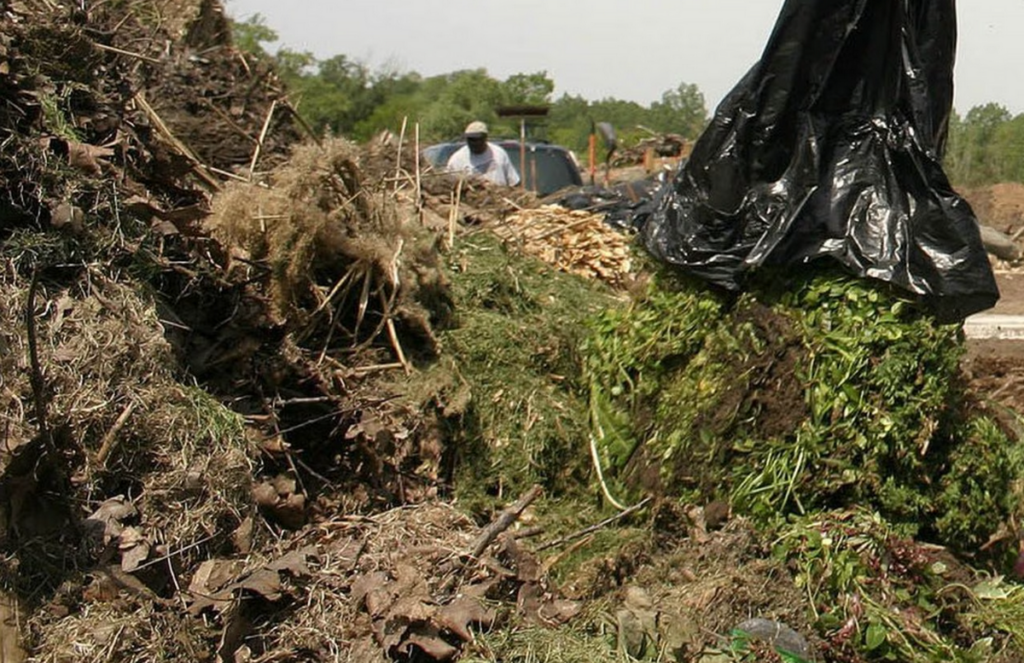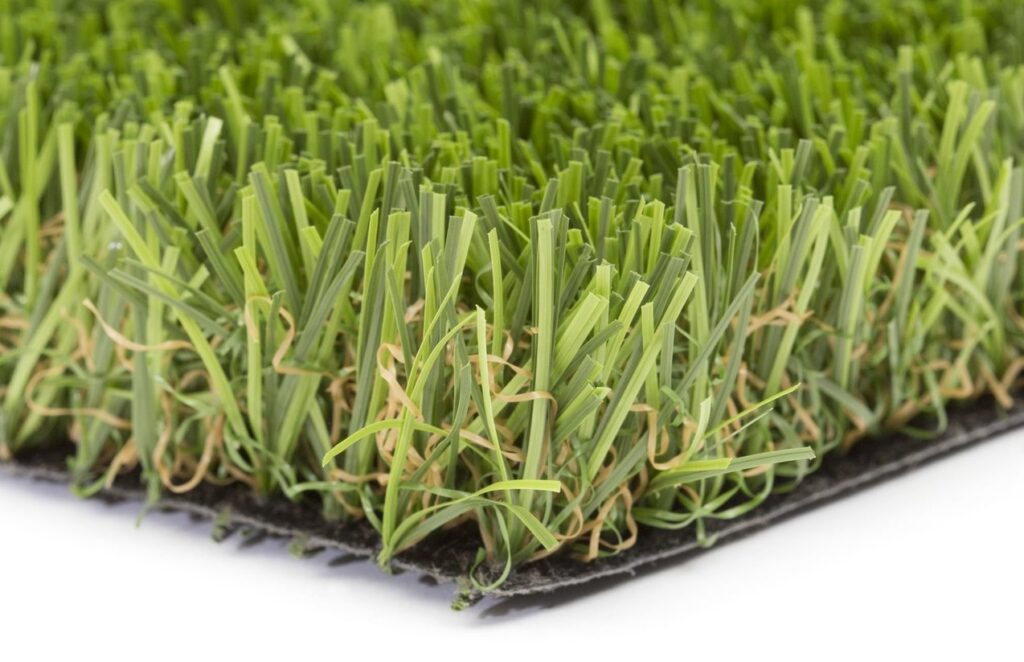
Greener than You Might Think: The Environmental Benefits of Installing Synthetic Grass – 2024 Guide
Artificial grass is becoming increasingly popular as a landscaping solution for residential and commercial properties.
In addition to its low maintenance requirements and long lifespan, artificial grass also offers numerous environmental benefits.
The following points will explore some of the environmental benefits of installing synthetic grass.
Water Conservation

Artificial grass offers a major environmental advantage in terms of water conservation. Traditional lawns demand a substantial amount of water for upkeep, particularly in dry regions.
In contrast, artificial grass requires no watering except occasional cleaning.
This means that homeowners and business owners can significantly reduce their water usage by installing artificial grass, helping to conserve this valuable natural resource.
Reduced Chemical Use
Maintaining a traditional lawn involves the use of fertilizers, pesticides, and herbicides, which can have detrimental effects on the environment.
These chemicals seep into the soil and groundwater, polluting water sources and posing health hazards to both humans and wildlife.
Moreover, the runoff from these chemicals may eventually make its way into nearby rivers, streams, and lakes, causing algal blooms and other ecological problems.
The use of artificial grass eliminates the need for these harmful chemicals, providing a safer and more sustainable option for landscaping. Without chemicals, artificial grass significantly reduces the negative environmental impact of lawn care and promotes healthier ecosystems.
Reduced Air Pollution

Mowing and maintaining a traditional lawn often involves the use of gas-powered lawnmowers and other equipment, which emit harmful pollutants into the air.
In contrast, this type of grass does not require mowing or maintenance, reducing the air pollution generated by landscaping activities.
Reduced Carbon Footprint
The carbon footprint of traditional grass is considerable, as its production and transportation consume a significant amount of energy, resulting in greenhouse gas emissions.
In contrast, artificial grass has a much lower carbon footprint since it requires no cultivation, harvesting, or transportation.
Individuals and businesses can significantly reduce their carbon footprint and contribute to a more sustainable environment by choosing artificial grass instead of traditional grass.
Artificial grass offers a sustainable and eco-friendly landscaping solution that minimizes the environmental impact, making it an ideal choice for those looking to reduce their carbon footprint.
Reduction in Landfill Waste

When traditional grass is removed or replaced, it often ends up in landfills. This organic material decomposes over time, releasing methane, a potent greenhouse gas, into the atmosphere.
Synthetic grass, on the other hand, does not decompose and does not contribute to landfill waste.
Habitat Preservation
The installation of artificial grass can also help to preserve natural habitats. When traditional lawns are installed, natural habitats are often destroyed, and local wildlife may be displaced.
In contrast, artificial grass does not entail the destruction of any natural habitats or displacing local wildlife. This makes it a more eco-friendly choice for landscaping.
Long Lifespan
Finally, artificial grass has a long lifespan compared to traditional grass. Traditional grass may require regular replanting and maintenance, contributing to its environmental impact.
In contrast, artificial grass can last up to 25 years with proper care and maintenance. This means that homeowners and business owners can enjoy a beautiful and sustainable landscape for many years to come.

In conclusion, artificial grass offers numerous environmental benefits, including water conservation, reduced chemical use, reduced air pollution, reduced carbon footprint, reduction in landfill waste, habitat preservation, and a long lifespan.
These benefits make it an excellent choice for homeowners and business owners who want to reduce their environmental impact while enjoying a beautiful, low-maintenance landscape.
As the demand for eco-friendly landscaping solutions continues to grow, we can expect to see even more innovative uses of artificial grass in the future.
